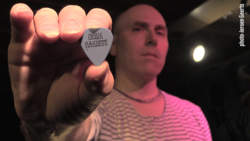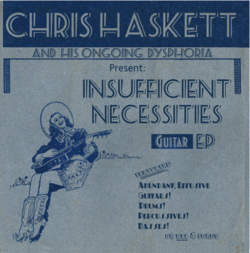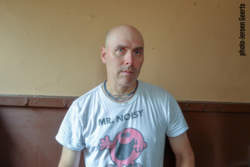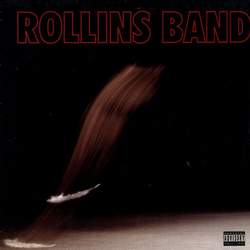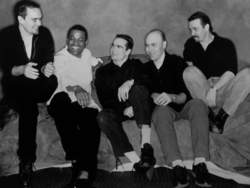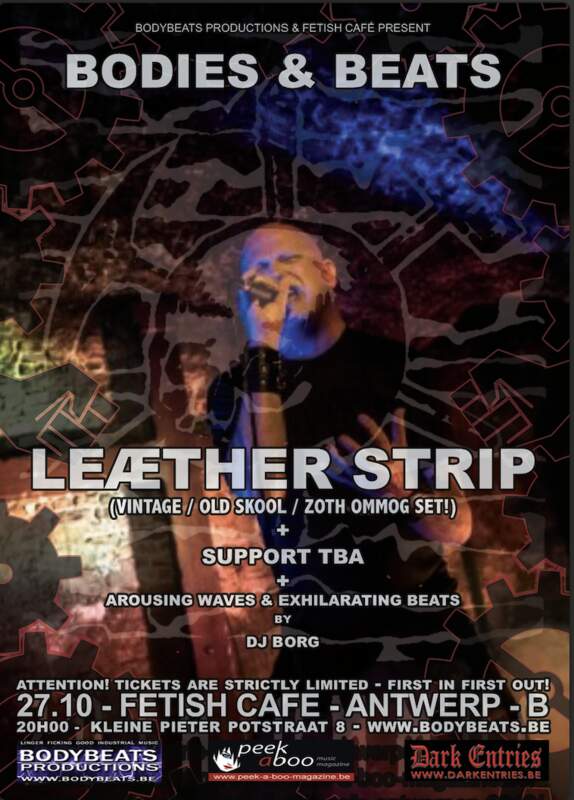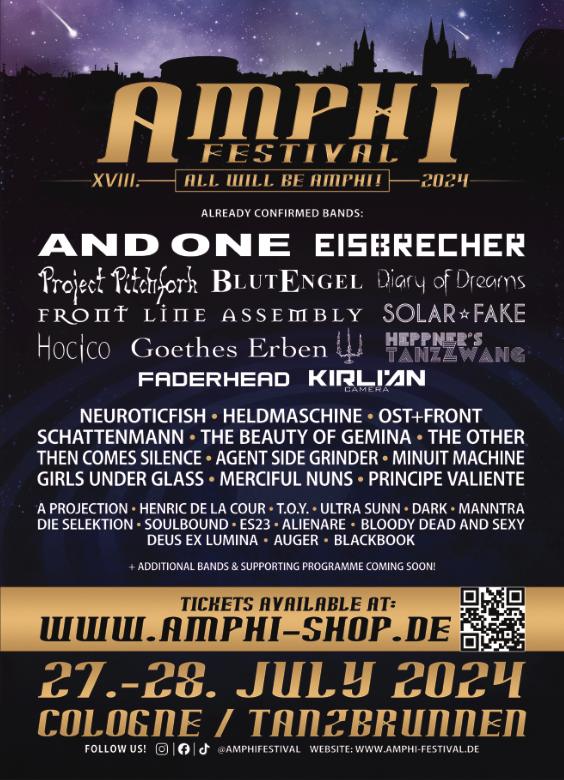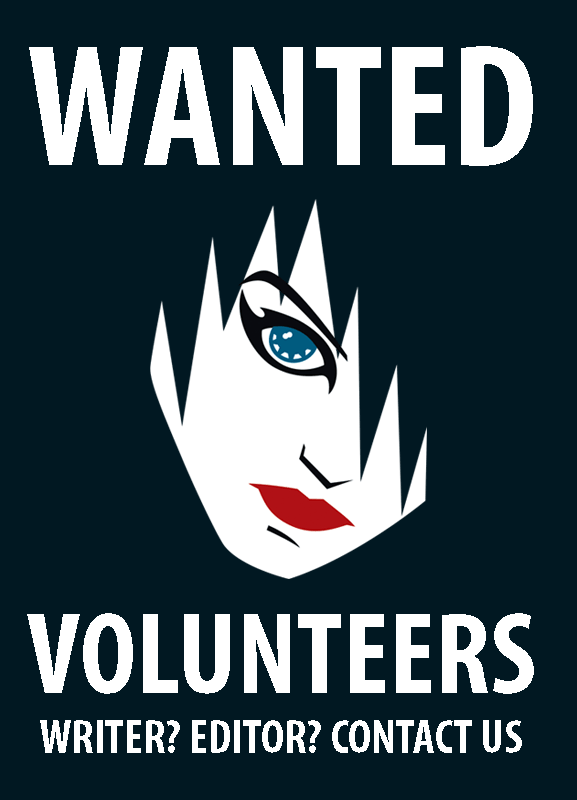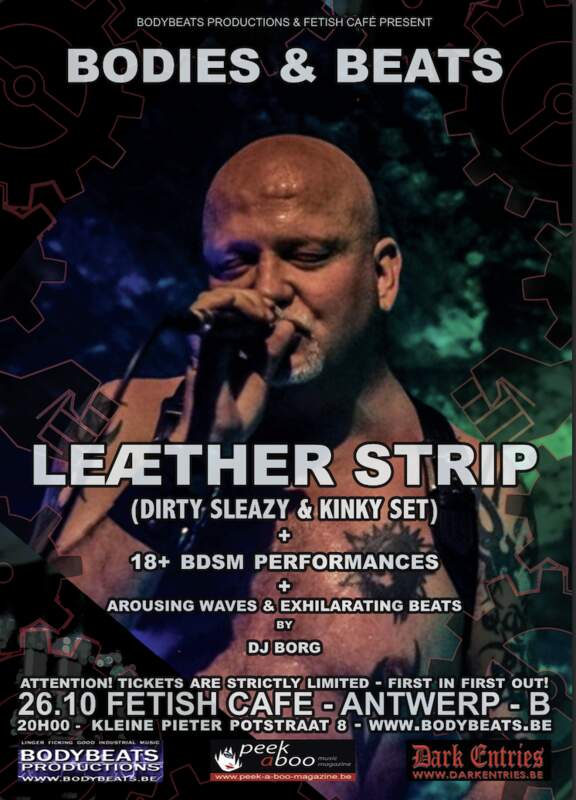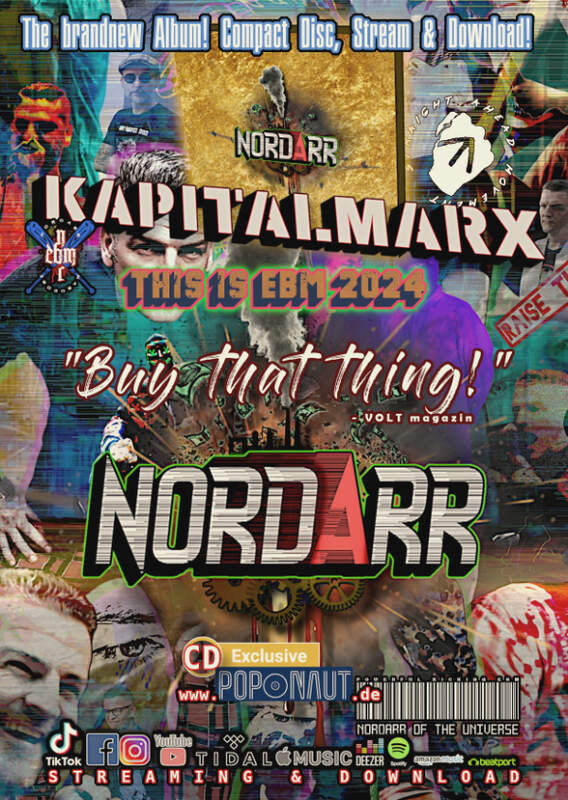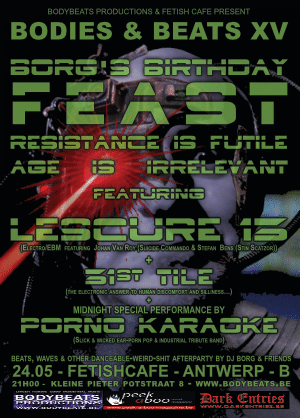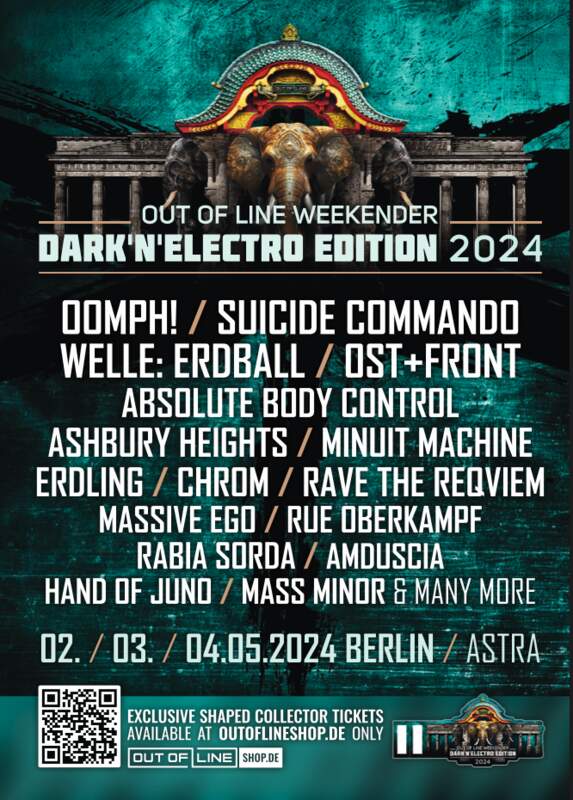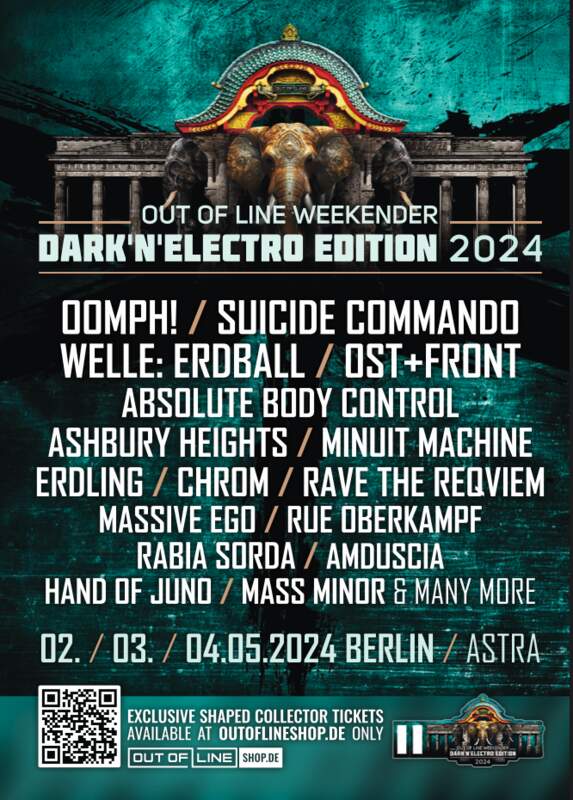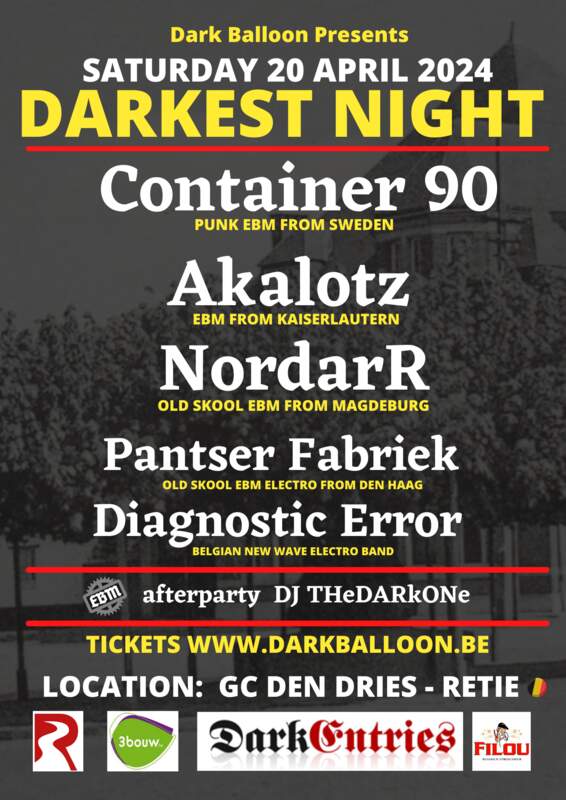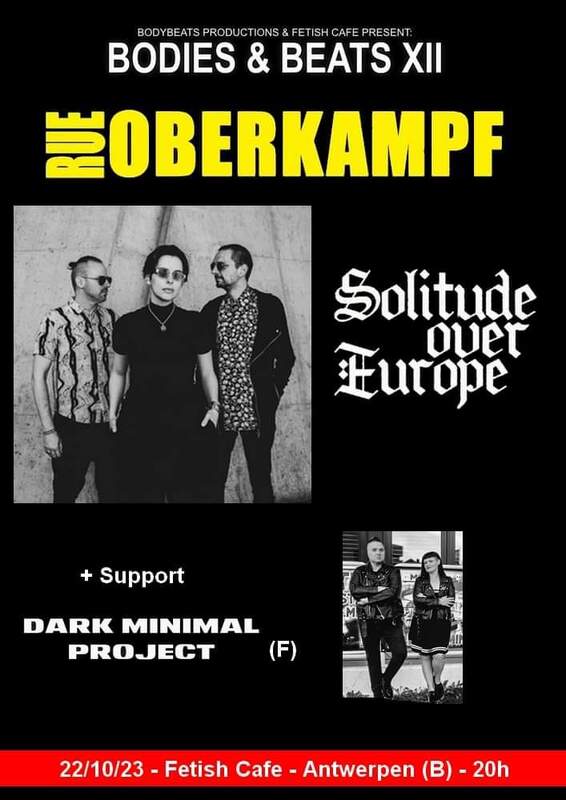CHRIS HASKETT (ROLLINS BAND)
'Musicians are more like radios that occasionally pick up and reproduce things from the cosmos.'
11/01/2020, Danil VOLOHOV
photos: © Jeroen Geerts
Chris Haskett’s new EP is a celebration of guitar music. “Insufficient Necessities” sounds like an Alice’s journey to free-jazz-land. And with it, there are some elements of Haskett’s play we all know and love. Mainly – a certain tension of Haskett’s parts. The thing that, following his own words, he brought from King Crimson. At that point, Chris Haskett had already played with Jah Wobble and just got back to DC, where he co-founded cult Rollins Band.
Over the years the guitarist developed his style and played with various artists. From Pigface to David Bowie and Iggy Pop.
In the interview for Peek-A-Boo magazine, Chris Haskett told us about the expression of yourself and the transformation from punk-rock to hardcore, about recording “Weight” and “End Of Silence”, about “Insufficient Necessities” and his upcoming record.
You came from DC. And firstly began to play in a DC band called The Enzymes. It was in 1977 when punk-rock in America was changing, turning into hardcore. Could you please tell me what it was like to be part of this transformation? From punk-rock to hardcore?
Actually the transition from “punk” to “hardcore” happened a bit later, more like 1980-82. I had left Washington by then so I didn’t really witness it up close. But I CAN tell about the seeds it grew from. But first, a little background context. In 1977 when I got back to the US from the UK, punk and new wave were just getting started. Looking back to that era from now makes it look like a very orderly historical progression, but it wasn’t. In those early days the word “punk” covered almost ANY intentionally nonstandard music outside of free jazz (though that crossed over too). By “intentionally nonstandard” I mean music that deliberately pushed the aesthetic and social boundaries of the time. This was a VERY broad spectrum of amazingly creative people and the “punk” component of it was probably among the most CONSERVATIVE.
Back then “punk” was largely a UK import. The really groundbreaking music that paved the way for so much that came after were the bands like Jonathan Richman & the Modern Lovers, Television, Patti Smith and the Talking Heads. All these bands resisted the prevailing conventions of what was considered “good” and just went for something purer, more honest and more direct. There were people like Wayne/Jane County challenging gender norms, others, like Devo and the B-52s were interrogating popular culture itself. The no-wave bands like DNA and Teenage Jesus & the Jerks were turning conventional ideas of musical aesthetic on their head. James Chance & the Contortions were mating free jazz and traditional sold music. There were also the early synth bands like Suicide and Tuxedomoon who were morphing traditional rock forms like Elvis/rockabilly into sterile mechanistic chants.
Punk was there too, of course. But I’m just trying to point out that it wasn’t ALL that was going on.
So the early DC scene had a wide variety of music that would attract the people in the punk scene. Believe it or not, though it was never part of the scene, free jazz was incredibly important and inspirational to many people who were part of the punk community. Artists like Sun Ra & the Arkestra, Art Ensemble of Chicago, World Saxophone Quartet, Anthony Braxton used to come regularly to a great venue called “d.c. space”. Punk and new wave bands used to play there too and you used to see many of the same people at both kinds of shows.
So in the early days (’78-80), there was a lot going on and a lot of really interesting directions the music was going in. There were some straight-ahead punk bands like Ian MacKaye’s band Teen Idles and Henry Rollins’ band S.O.A. but the band that really changed everything, not surprisingly, the Bad Brains. The Bad Brains raised the standard for all the bands because they were so good. They were so proficient as players and their songs were so good that they were in a class by themselves. In my memory, EVERYTHING changed when they came on the scene. The other thing that happened around the same time was the release of the third Damned album, “Machine Gun Etiquette”, which had the same qualities as the Bad Brains, but coming from a different place. Both these bands were super hard, super fast and, unlike most punk bands, they could ACTUALLY PLAY!
So, to me, the transition from”punk” to “hardcore” really started there. And a lot of amazing music came out of it but also a lot of amazing music was lost. The “scene” became very regimented and very conservative. Punk rock is very powerfully orthodox and most scenes are notoriously INtolerant of anything that is a little different. Steve Jones of the Sex Pistols made this point in Julian Temple’s film “The Filth and the Fury” where he talks about when the leather jackets and mohican haircuts became like a uniform and his comment is “the punks ruined it.”
What was the atmosphere in DC during those days and how can you describe the scene at that time?
The scene at that time (pre-hardcore) can best be described as “small”. There weren’t many bands and there weren’t many places to play or hang out. And we looked different, so it was easy for people who didn’t know each other to spot one another on the street and make friends.
As guitarist you have worked with a wide variety of artists – from Jah Wobble and Pigface to Foetus and The Cassandra Complex. But through numerous styles that you have studied– can you say that there is a certain element or number of elements that can characterize your play?
Wow, that’s a big question! All those musics happened at radically different times of my life and under radically different circumstances and they are all radically different kinds of artists, so what I brought to each was always a bit different each time.
As a musician, the primary question is, “what does the music demand of me?”. Some artists, like Foetus, have such a strong and clear vision of what’s needed that you just do EXACTLY what they say. Others, like Wobble, want you to bring yourself into the music and contribute. Everybody’s different but at the end of the day, musical truth is all that matters.
But if I have to sum up my own style, the first word that comes to mind is “angular”. I tend to think/feel/hear/visualize melodies as geometry. Musical intervals sound/feel like angles and melodies and songs can seem like polygons. It’s not synesthesia (синестезия) but it’s kind of similar.
I think this accounts for why my melody lines, especially in solos, are quite short. I don’t play in a lyrical way. Perhaps if I were also a singer I might be able to construct longer melodic solo structures. But since I don’t, I tend to respond (musically) to myopic details in the aural landscape around me.
Also, a lot of the guitarists who had a profound influence on me, people like Andy Gill (Gang of Four), Keith Levene (PIL), Rowland S. Howard (Birthday Party), Tom Verlaine, Richard Thompson, James Blood Ulmer and Sonny Sharrock also all play in a pretty angular, jarring way that doesn't lend itself to lyricism.
Before you became a Rollins Band, you spent some time playing with Henry. Together you recorded two of his solo-albums. How did it all go with Rollins Band?
Well actually, at the time we did them it wasn’t clear what the project was going to be yet. The music on Hot Animal Machine and side 1 of the Henrietta Collins EP are all from the same sessions. Black Flag had only just broken up and things just came together for us to find a rhythm section, write some tunes and see what happened. The creation of the Rollins Band happened later.
At the moment when hardcore turned into something else – different and interesting, you combined many different elements of your creativity. Was it hard for you to find “your sound” ?
Not really, I’d already kind of developed my own harmonic and tonal identity by the time Rollins Band came into being. But, just to be clear, we were never interested in being a “hardcore” band. Most of the hardcore bands of the time were both terrible AND boring. We attracted people from that scene, much as Black Flag did, because we were offering the real deal: strength, power and honesty, and we could play.
My own personal sound has always been a mixture of the people I tried to steal from and failed(laughts)! The really early Rollins Band music has a mashup of Rowland Howard and Robert Fripp. Then Van Halen and P-Funk started creeping in…But I can’t play like ANY of those guys. So I ended up sounding like me…
It’s interesting to speak with you about that, because you played your first shows with bands like Dag Nasty and Youth Of Today. How do you remember these shows and the reaction of the audience in particular?
I think, but I’m not 100% certain, that the first Rollins Band show was with the Circle Jerks and Marginal Man at Trenton City Gardens. We crossed over and occasionally shared a bill with some of those bands but we were more at the Swans/Sonic Youth/Dinosaur Jr/Meat Puppets end of the spectrum. All those US hardcore bands sounded (and looked) the same to me. It seemed so limited. So I was always glad when people from that scene also came and seemed to like us too. I was surprised. All the hardcore bands were playing faster and faster and Rollins Band was playing slower and slower…
In 1991 the Rollins Band took part in the Lollapalooza musical festival. Alongside with such artists as Nine Inch Nails, Jane’s Addiction and Butthole Surfers you formed the core of alternative music in the US. Speaking about that tour and its value for music, can you say that at that moment alternative rock got its face?
Well, there was a lot alternative music going on outside of Lollapalooza. It’s quite likely that the truly “alternative” music would never be invited to something like a traveling festival. But you have to give Jane’s Addiction credit; they had a cool idea and they made it happen. They didn’t have to do it, they certainly didn’t need the money or the exposure, but they did it because it was a cool thing to do and a cool way to end the band.
I loved the tour. It was our first “big” tour and our first tour in a bus. So, for me, it was kind of a surreal dream-come-true. Here we were on a big tour, playing to (to us) huge crowds and generally being treated like rockstars WITHOUT having to sell out. We were playing our music, we didn’t have to make it pretty, we didn’t have to dress nicely or do anything other than just be our true selves. It was a rare treat.
On the downside, it was also a concrete example of the saying, “whatever you throw at capitalism, capitalism will find a way to sell it back to you.” Lollapalooza was an early sign that the “alternative” scene was ripe for corporatization. Remember this was just before Nirvana’s “Nevermind” came out and the capitalization of “grunge”. Lollapalooza was (marginally) more innocent than that, but the signs were there. The corporate vultures were already circling…
In one of your interviews talking about “Burned Beyond Recognition” you said that after listening to the re-release of “Life Time” you realized that it sounded even harder on your live-shows and live-recordings. So speaking in terms of your live-records, how were your goals and objectives different in this case?
It was never totally conscious or explicit. The Rollins Band was always looking for musical and existential truth as a guide. “Burned Beyond Recognition” presented itself one way when we started playing it and originally recorded it, but then, the more we played it, we learned more about it and explored different paths it offered. And it gradually slowed down and got even heavier. That was definitely the result of playing live so much. And you’re right, we were definitely more self-identified as a live band than as studio artists. So our focus was almost always on doing justice to a musical moment as it was happening rather than taking time to consider it and fix it later. That makes you engage with your music in a very visceral way. That was always the guide for our goals and objectives.
One of the things I still retain from my time in the Rollins Band is the belief that, if I can’t come to your town, use your gear to open for your band in front of your friends in your club and blow you off the f”*cking stage, then I need to stay home and practice more.
Speaking about your early albums, I’d say that “Life Time”, “Hard Volume” and “Do It” combined a certain tension that you experienced in your live performances. Something almost psychedelic. In this regard, let me ask you about “End of Silence” – which has become a very interesting experience for you. Unlike your previous works, it combines various elements of the music of the 80’s. On the one hand, your guitar parts began to sound more like hard-rock, especially in such songs as “Low Self Opinion” and “Tearing”. On the other hand, there was still a certain desire to break boarders, which characterizes hardcore music itself. So speaking about this record – what elements did you want to combine working on it?
There was never a strategy or plan for writing the music so it wouldn’t be right to say we intended to combine anything in particular. We would play for 5 or 6 hours a day, five days a week and see what came up. We did a LOT of jamming, which certainly contributed to the improvisational/psychedelic quality of some of the tunes. A lot of the songs that ended up on End of Silence had already been written and demo’d before we did “Hard Volume”. If I had to summarize the writing of those three albums, I’d put it like this: Lifetime is our first album playing together and there are a bunch of different styles from the individual players but they haven’t combined yet. Hard Volume is when the hard rock edge (especially Van Halen) starts creeping in and colors how we write together. “End of Silence” is when we really fully took on our own ensemble voice. The music on it is more collective and, I think, organic than on the earlier two albums. But I love them all.
Can you say that at that moment of your career you, as guitarist, changed your views on certain things ?
Oh yes, of course! I’m 57 years old and I’ve been playing guitar 43 years. If my life and experiences had NOT changed, I’d be really, really boring and very, very unhappy. I don’t think I even became a PERSON until I turned 50!
As a guitarist, I think (hope) that I have a better grasp of my limitations than I used to. Knowing what you can already do isn’t nearly as interesting as looking at what you want to work on and improve. I have more patience with the learning process than I used to.
There’s a story I love which is about Pablo Casals, who was one of the great cellists of the 20th century and lived to be very old. Allegedly journalist once asked him, “You’re in your 80s now and yet you still practice every day, why do you do it?” and Casals is said to have replied, “Because I think I’m beginning to see some progress.”
I sort of feel like that. The basic fact is that I don’t think I’m very good. Now I’m finally trying to become a musician…
In the band, you went through a series of changes before recording “Weight”. Andrew[Weiss] left the band, and Melvin(Gibbs) became your bass player. While Theo Van Rock became a permanent member of Rollins Band. I would say that these changes have become key factors in creating perhaps your best known record of yours. But what was behind “Weight” ?
Well Theo was pretty much a member of the band after our first European tour. It just took us a while to start insisting that he got included on all the credits. He was in the studio with us and Ian when we recorded Lifetime. He produced “Hard Volume” and was with us pretty much from the start of the band (excluding the first US tour).
As to the change from Andrew to Melvin, well every album and batch of material was different so it’s hard to pinpoint just what element was responsible for what part of the sound. By the time Andrew decided to leave the band was in a very hard rock (almost prog) place. But we were a very versatile bunch of musicians and I think we were ready to do something new even if he had stayed. Melvin came from a different musical solar system and brought a treasure chest of new sounds, ideas and approaches to music.
It wasn’t particularly hard to make “Weight”. Remember that we’d been writing and gigging as a unit with Melvin for a long time before we recorded. And he is a musician’s musician, he brings an incredible depth of imagination and experience to all his endeavors, so we were definitely ready.
It’s funny but he[Melvin] was, without question, our FIRST choice to replace Andrew and when we asked him, he said no! So me and Sim[Cain] went and jammed with a ton of other excellent bassists in NY and LA and then Melvin decided he was up for a jam just to check us out. I recall thinking ,”Oh yeah, this is IT!” from pretty much the first notes we played.
You started your solo-career with the release of the album “Language” in 1995, we’ve discussed this before. But could you please tell me, how you came to this decision? Was it difficult for you ?
Difficult? No, not at all! It’s not like I was leaving the band to pursue a solo career. I just had a bunch of weird music in my head and wanted to get it out of my head and put it somewhere else. That’s pretty much the motivation behind all my records. “Language” is a really, really strange record. The nicest complement I heard was a reviewer who compared it to Captain Beefheart’s “Trout Mask Replica”. It’s not an easy listening experience. I’m still blown away that it has Rowland S. Howard (from the Birthday Party) on it too. He was as weird as me.
Since then you have released 7 albums of your solo-material and records containing material written with different musicians, for example “Comprovisations on Linear B”. So speaking about your creative process. When you write a song, how does it all start, you write a riff, create a harmony, or have a certain idea? Or there is no specific stable formula?
Wow…well the best way I can think to describe it is that, if you’re really, really lucky the music presents itself to you. And if you stay very still and stay very, very open to it then you might be able to represent a tiny fraction of what you were shown. Musicians are more like radios that occasionally pick up and reproduce things from the cosmos.
So with me, a guitar is like my antenna to pick up these things. Often I’ll hear something in my head or make an interesting mistake while practicing or fooling around and then suddenly you “see” where it could go and you do your best to keep it fresh and not ruin it or make it fake while you play or record it. It’s hard, like not popping a soap bubble.
Sometimes it’s a riff, sometimes it’s a vision of a structure, sometimes it’s a geometrical image. It can come in lots of ways. I WISH there was a formula! The main thing, and this goes back to your earlier question about how I’ve changed, is to listen to yourself and check whether you’re really telling the truth with your music.
I know that you have many unreleased tracks as well as tracks you’re working on all the time. So how can you describe your next record?
Thanks for asking! Yes, I have a brand new EP called “Insufficient Necessities” which came out on Nov 15th. I’ve also got a nearly-finished record of covers which will come out next year. After that is another Letter 27 CD and mixing the remainder of my recordings with Rowland S. Howard.
Danil VOLOHOV
11/01/2020
Next interviews
EVA - X • An Interview With Synthpop Act EVA - X
ACCESSORY • ‘You Can’t Reach People Alone With Pictures Or Texts’
DEAD HIGH WIRE • ‘Dead High Wire Did Not Like To Be Categorized In One Box’
H.R. (THE BAD BRAINS) • 'I always wanted to play reggae!'
COLIN EDWIN (PORCUPINE TREE, O.R.K, METALLIC TASTE OF BLOOD,...) • 'I’ve always been keen to do everything live, as much as possible!'
CHRIS CUTLER (HENRY COW) • 'We all shared a common concern with extending the vocabulary of rock...'
TREY GUNN (KING CRIMSON,TU ,SECURITY PROJECT,...) • 'I’m trying to set up an experiential thing...'
IAN EVERETT (SOLID BRONZE) • 'had a lot of time to sit with these songs...'
AMY STUDT • 'It’ll be alright in the end and if it isn’t alright, it isn’t yet the end.'
STALINGRAD VALKYRIE • The old world will be collapsing pretty soon!


